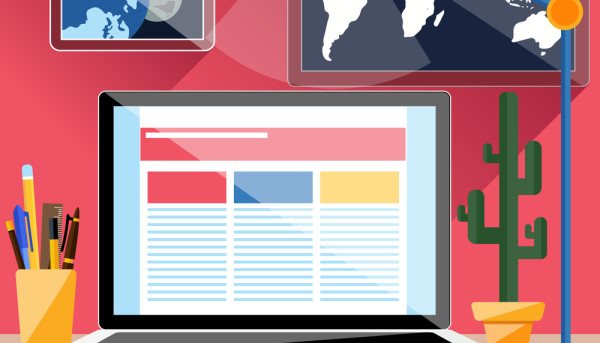The Future of Work - Preparing With the Right Education and Skills
COVID-19 broke down cultural barriers to remote working, speeding the pace of change, and expanding opportunities for remote employees. But the future of work involves much more than remote work or digital metaverses.
Globalization and an aging population are both key influences that contribute to our rapidly changing society, rendering concepts such as nine-to-five office work or lifelong jobs obsolete.
Technology
Technology will shape the future of work in various ways, including offering more flexibility for workers to complete their tasks at different locations and times. Artificial intelligence and robotics are already commonplace across various industries and will drive productivity gains in many more - though these technologies could eventually displace human workers entirely in some types of jobs.
Some are optimistic about how these changes could lead to a more productive society; others remain pessimistic and fear that advancements may reduce economic prosperity and social cohesion. To prepare for the future of work requires revamping workforce development initiatives - for instance by changing education systems or our concept of what a lifelong job should entail - while setting up cost-free collaboration platforms enabling workers to collaborate from anywhere around the globe will present key challenges.
Automation
Automating manual and menial tasks allows workers to focus on more essential work, driving greater productivity and efficiency as well as saving companies money on equipment, ink and paper costs. Apps like Fillout allow documents for signature without printing altogether!
Automation is an ongoing trend that will influence the future of work, yet organizations must prioritize human-centric workplaces and people-first policies in order to stay ahead of its effects. This means providing employees with flexible work arrangements so they can bring all aspects of themselves into work, developing strong social and ethical standards and providing opportunities for innovation, leadership and critical thinking.
Flexibility
Workplace trends are shifting quickly. It is expected that future business will differ significantly from how things are done now due to advances such as automation, artificial intelligence and other technological breakthroughs.
As leaders face increasing difficulties managing modern workforces, leadership becomes ever more daunting. Amid regular business challenges and social and political upheavals, work-life fusion and the existence of an ever-increasingly blended workforces present unique hurdles to conquer.
One of the key trends shaping the future of work is flexibility. Organizations must be able to respond swiftly to market fluctuations by hiring flexible talent. This trend includes traditional full- and part-time employees, leased workers and gig workers; impact sourcing of global talent; educational systems for developing future-of-work skills in talent pipelines - among others.
Globalization
As companies adopt digital workplaces, the boundaries between work and life are becoming more fluid - often referred to as globalization. While globalization may have some negative ramifications, it also helps make our world smaller.
Examples include business people across continents engaging in electronic commerce and academics using web conferencing to host seminars that span geographical locations. Territoriality no longer defines social space; any activity can have an effectful presence regardless of its physical location.
COVID-19's implementation prompted companies to accelerate digitalization and remote working practices within their operations, and has had an immediate impact on employees at risk of automation - prompting more flexible working arrangements such as part-time work arrangements or rise of new labor movements attempting to gain recognition by employers and governments. This may continue to alter many jobs at risk from automation while potentially leading to part-time work arrangements or membership of labor movements seeking recognition by both employers and governments.
Social impact
The future of work is an intricate, interdependent phenomenon. Much like global issues like climate change, its solutions require broad coalitions of actors working in concert. Within organizations this means creating an inclusive culture accessible to employees of diverse backgrounds.
Future work relies on using technology to open up new industries, occupations and jobs. While automation might lead to job loss in some instances, history shows otherwise; moreover, technology can actually supplement human labor rather than replace it; for example using AI for repetitive tasks frees workers up for more strategic contributions that further organizational goals.










